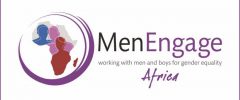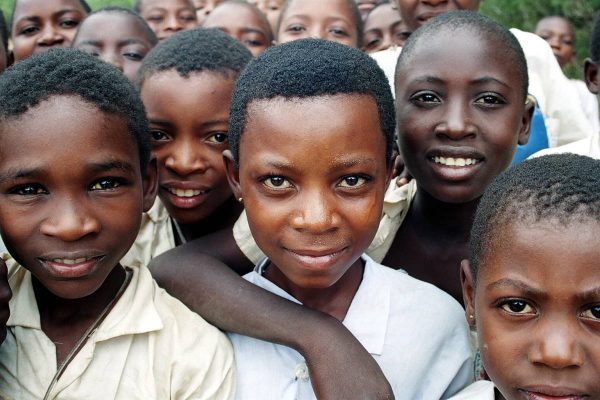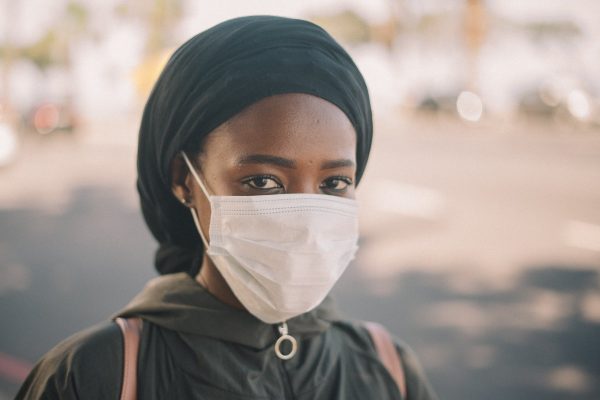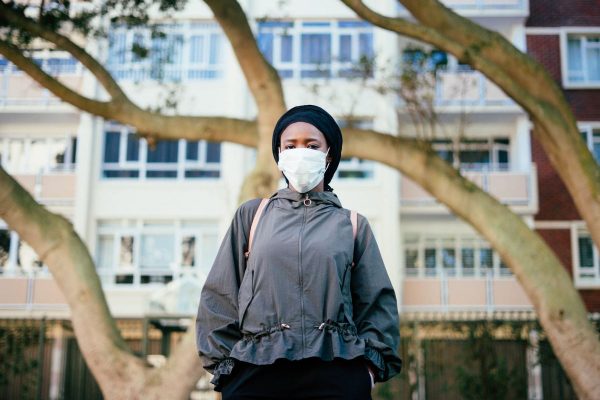International Day of the African Child
African youths' perspectives in the midst of COVID-19

On June 16, 1976, about 20 000 South African black school children in the South Western Townships (Soweto), took to the streets to protest about the poor quality of education and to demand their right to be taught in their own language. Armed apartheid government police officers responded with fire – murdering an estimated 700 and injuring over 1 000 children in protests that ensued over two weeks since the 16th of June.
Now a public holiday in South Africa referred to as National Youth Day, the day was also declared International Day of the African Child by the Organisation of African Unity (now the African Union) in 1991 to honour the courage of the youth of that time and to remember those who were injured and killed during the protests. The day also draws attention to the lives of African children today, particularly the barriers that they face in order to receive quality education.
In the articles and audio-visual materials we share with you below to mark International Day of the African Child 2020, we amplify the voices of young African people throughout the continent who continue to experience hardships that hinder their growth and development – lack of access to quality education, lack of employment opportunities, the resultant poverty, lack of access to basic needs, human rights abuses and structural inequalities.
The content shared below has been sourced from members of MenEngage Africa Youth Alliance – young people who live and identify with the realities of millions of youths across the region of Africa. Their challenges are made even more visible by the current Coronavirus pandemic that is exposing the vulnerabilities of marginalised people in our societies, including women and children.




